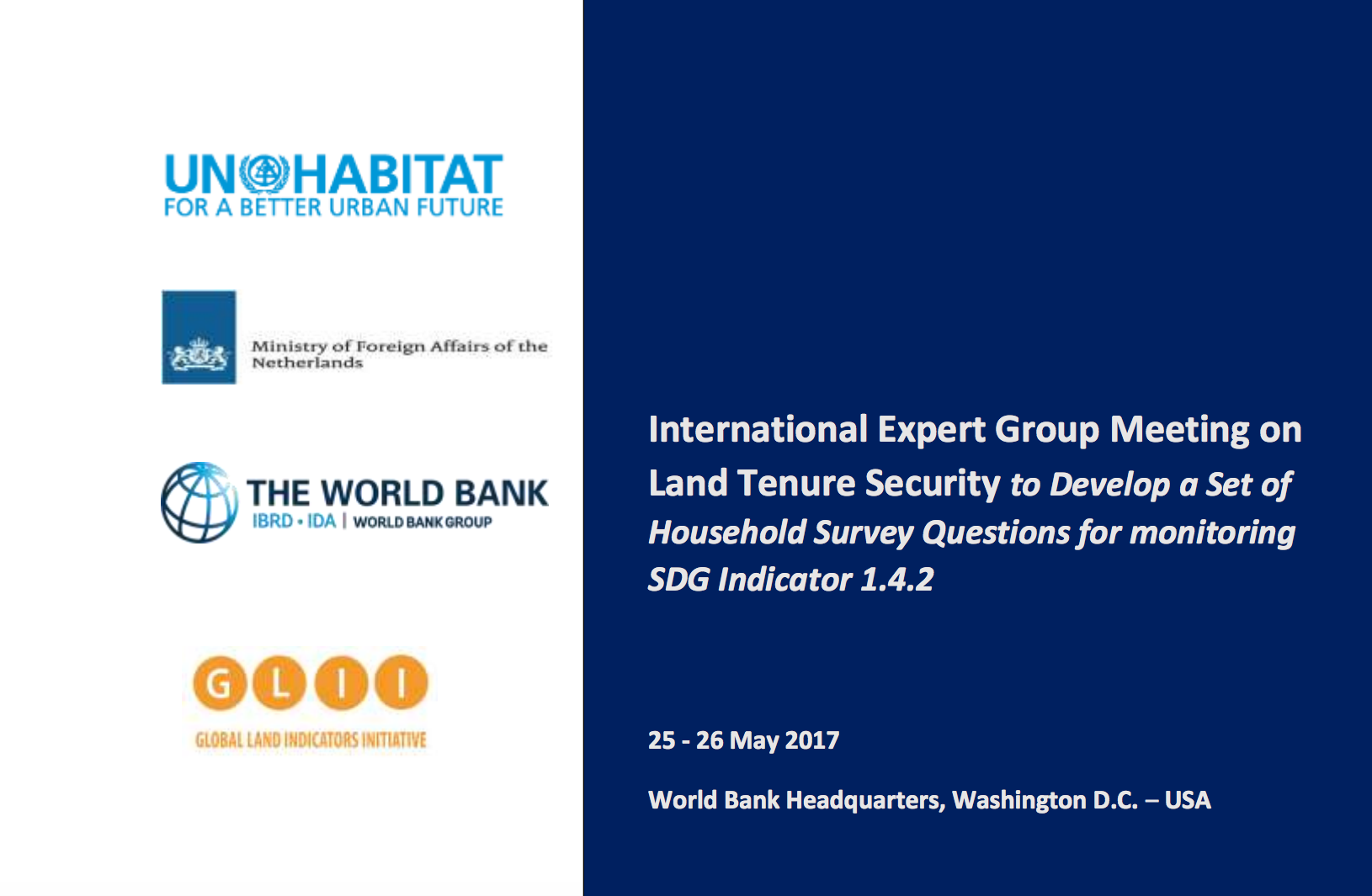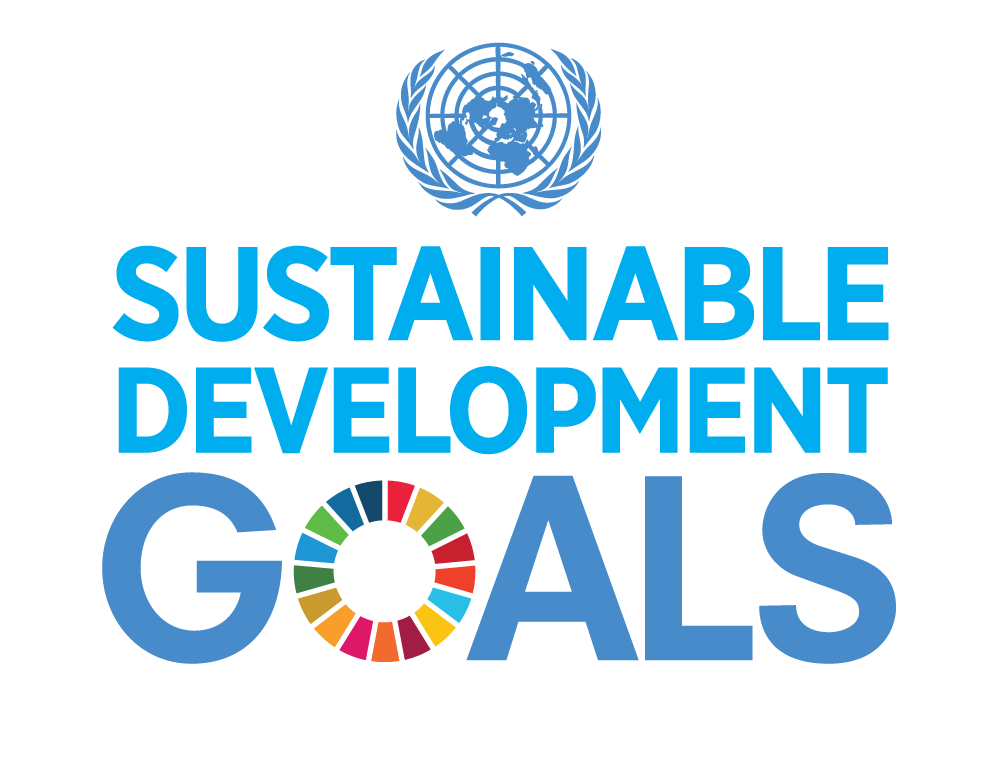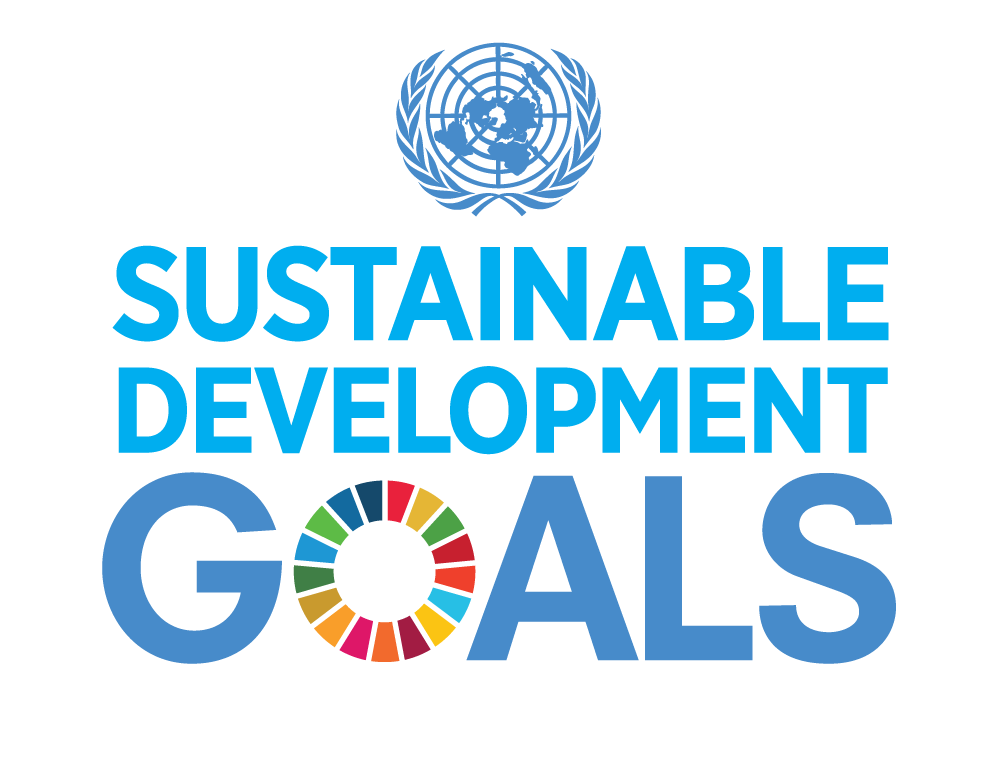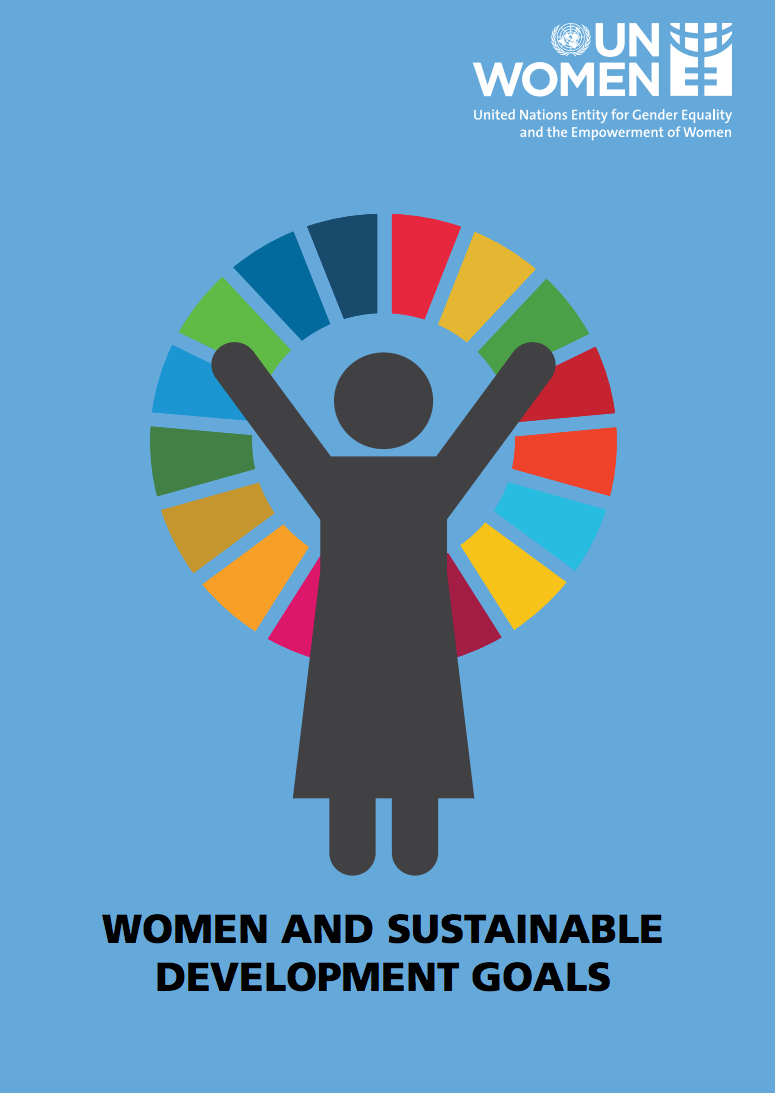Key Messages and Recommendations for the Expert Group Meeting on Women's Land Rights
We are a diverse group, women and men, from all regions of the world who came together in this EGM convened by Global Land Indicators Initiative, UN Habitat, Oxfam, Landesa, Huairou Commission and UN Women. We are from governments including national statistical organizations and land agencies, multi-lateral agencies, civil society organizations, including women’s organizations and groups that met on July 8 – 9, 2017 to discuss women’s land rights in the context of the SDGs.






